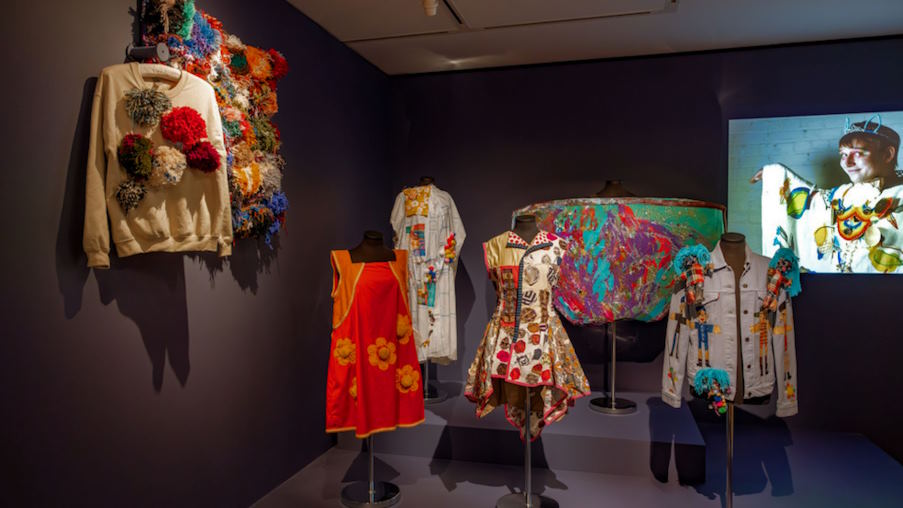The Intersection of Fashion and Art in Exhibition Events
In the dazzling world of high fashion and fine art, a new phenomenon has arisen, captivating the attention of aesthetes and aficionados everywhere. Fashion-art exhibitions have gained momentum as a mesmerizing crossroads of creativity, offering a vibrant and thought-provoking landscape where the boundaries between style and artistry blur. In these spaces, designers collaborate with artists, curators weave narratives through garments, and galleries are transformed into immersive environments that challenge our perceptions.
The Role of Museums and Galleries
Museums and galleries play a pivotal role in promoting and legitimizing the fusion of fashion and art. Institutions like The Metropolitan Museum of Art’s Costume Institute and London’s Victoria and Albert Museum have hosted groundbreaking exhibitions that celebrate the creative collaboration between designers and artists. Such exhibitions have made fashion more accessible to a wider audience and elevated it to the status of art.
Curation and Design
The curation and design of fashion-art exhibitions are both art forms in their own right. Curators, designers, and artists collaborate to create compelling narratives that engage the audience. The spatial design of the exhibition space influences how viewers perceive the artistry behind the fashion pieces. The interplay of light, color, and layout can enhance the overall experience, transforming a gallery into a sensory journey.

Thematic Exploration
Thematic concepts are at the heart of fashion-art exhibitions. Themes not only give structure to the exhibition but also offer a cohesive narrative that connects the art and fashion on display. Themes can be inspired by historical periods, cultural movements, or abstract concepts, providing a deeper layer of meaning and interpretation for the audience.
The Creative Process
The creative process behind fashion-art exhibitions is a dynamic and collaborative endeavor. Curators, designers, and artists work closely together to develop concepts, select garments, and create an immersive atmosphere. Interviews with these creative minds reveal their inspirations, challenges, and the importance of interdisciplinary teamwork in bringing their vision to life.
Technology and Multimedia
Modern fashion-art exhibitions leverage technology and multimedia to engage the audience in innovative ways. Interactive displays, virtual reality experiences, and augmented reality apps have become integral components, allowing visitors to interact with the art and fashion on display. These technological advancements have redefined the exhibition experience, making it more immersive and dynamic.

Cultural and Social Implications
Fashion-art exhibitions reflect and influence cultural and societal values. They serve as a powerful platform for exploring identity, self-expression, and inclusivity. By addressing issues of diversity and representation, these exhibitions can be vehicles for social change, encouraging dialogue and inclusivity in the art and fashion worlds.
Marketing and Public Engagement
Effective marketing strategies are essential for the success of fashion-art exhibitions. Social media, influencers, and strategic partnerships play a crucial role in reaching a wider audience.







